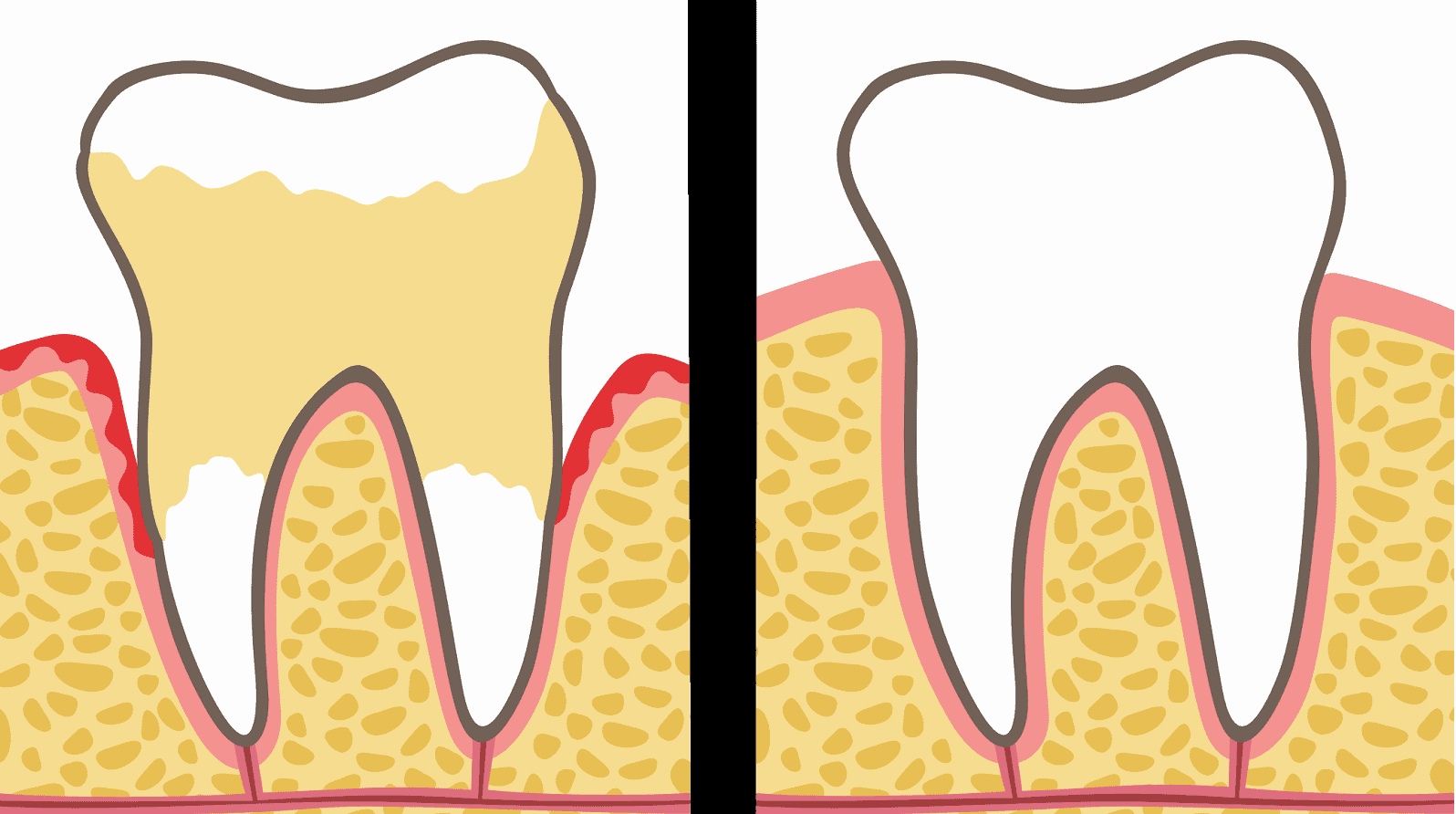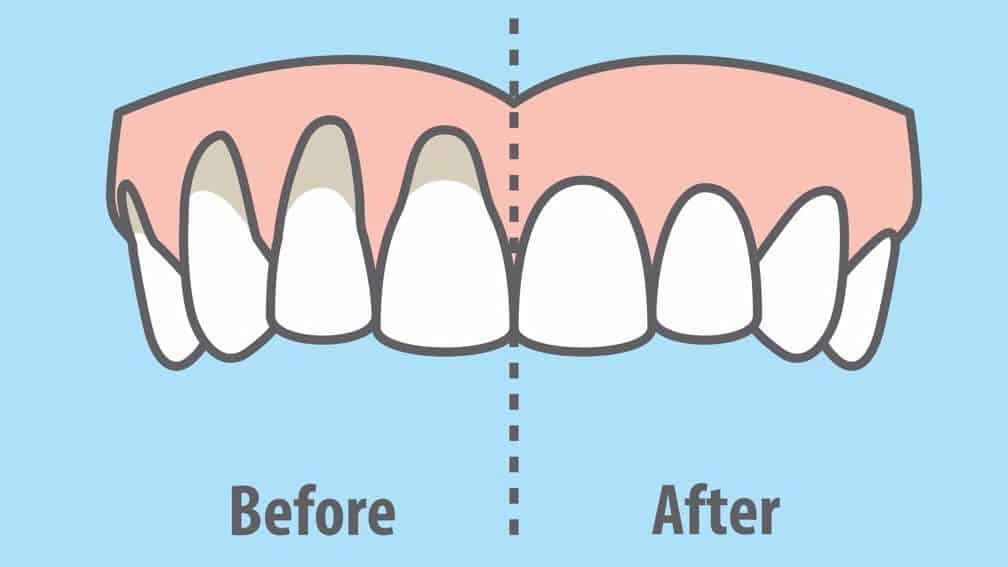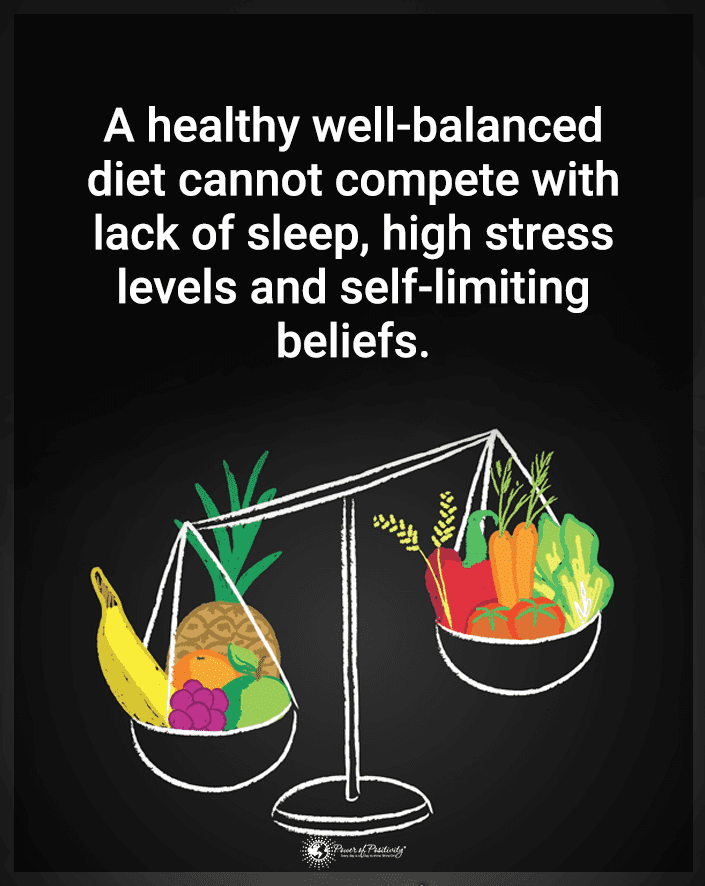Taking care of your teeth and gums is vital for overall health.
There’s a direct relationship between what goes on in your mouth and what goes on in your body. Indeed, maintaining good oral health can prevent medical disorders such as diabetes, heart attack, and stroke.
Poor oral care invites the accumulation of bacteria along the gum line, which creates a haven for bacteria. Additionally, not regularly brushing and flossing one’s teeth may lead to more severe conditions like gingivitis, periodontitis, and trench mouth.
Eventually, poor oral care begins to show. This may mean the loss of teeth, gum disease, or a severe medical condition such as cardiovascular disease. For those who have lost some or all of their teeth, dental implants offer a durable and natural-looking solution. Many people are now considering the full mouth dental implants Turkey package deals, which provide a comprehensive and cost-effective approach to restoring a full set of teeth. These packages often cover everything from initial consultations to implant procedures, making it easier to achieve a complete smile transformation.
Unfortunately, far too many of us have acquired some bad habits. Of course, most of us are unaware of the damage these behaviors cause – and you can cut yourself some slack. It turns out that unless you happen to be a dentist or dental hygienist, you wouldn’t know!
Here are seven habits that can damage your teeth – and what to do about them!
1. Opening things
Your teeth are not meant to replace a knife, scissors, or bottle opener! Most of us are guilty at some point or another of cracking something open (mainly nuts, bags, and soda bottles) with our chicklets. When we do this, we increase the odds of breaking or chipping one or more teeth.
2. Using tobacco
Not much of a surprise here. Mountains of research link tobacco use with an increased risk of gum disease and oral cancers. Besides potentially acquiring cancer (as if that isn’t a good enough reason!), snuffing and smoking tobacco can permanently stain your teeth.
3. Biting your nails
“Quit biting your nails!!” Does anyone else remember being screamed at for munching on your digits? Well, there are a couple of good reasons.
First, think about how many things our fingers encounter during the day. Throughout 24 hours, we’ll accumulate millions of bacteria on our hands and under our nails. So our chances of getting sick go way up, we may very well chip or otherwise damage a tooth.
4. Piercings of the cheek, lip, and tongue
While considered trendy among some youngsters, piercings anywhere around the mouth are risky. According to the Canadian Dental Association (CDA), these piercings can lead to ‘chronic injury to adjacent teeth and mucosa (inside of cheeks, lips, taste buds), including tooth fracture, and gum recession, which can lead to tooth loss.’
5. Consuming too many acidic foods
Eating too many foods high in acidity (lemons, limes, oranges, etc.) may damage your teeth’ enamel (hard outer layer). Enamel damage dramatically increases the risk of cavities and oral diseases.
6. Clenching the jaw or grinding teeth
People who clench their jaw and grind their teeth generally do so out of nervous habit or stress. While widespread, dental experts claim that jaw clenching and tooth grinding increases the risk of a misaligned jaw and deterioration of the teeth. Furthermore, either habit may cause the surfacing – or worsening of – headaches and jaw pain.
7. High sugar consumption
As a rule, the more sugar eaten, the higher the presence of oral bacteria. As if this isn’t bad enough, sugar consumption also correlates with higher levels of bacteria and toxins in and around other body parts. Surprisingly, throat lozenges are considered products that should be avoided due to their sugar content. And don’t forget…bubblegum also contains sugar!
Final Thoughts: Reversing Damage to Teeth and Gums
Depending on the severity of any present condition, it may be entirely possible to reverse or limit damage to the teeth and gums. Here are a few pieces of advice, courtesy of the experts.
First, begin practicing excellent oral care. This means thoroughly brushing your teeth twice daily and flossing at least once. Proper brushing and flossing are your two primary tools to guard against damage.
Second, see a dentist if you notice significant gum recession. Receding gums are a common oral problem, and a dentist can prescribe various treatments that can both repair gum tissue and prevent further damage. Moreover, having the opportunity to customise your treatment plan with a trusted provider like The Brace Place means you’re never compromising on quality or appearance. The flexibility and discretion offered by private braces make them an increasingly attractive option for adults and teens alike.
Third, abstain from any behavior or habit that may damage your teeth. Besides not engaging in any of the seven habits mentioned above, it is helpful to be aware of other patterns that may cause problems. According to the American Dental Association (ADA):
- Binge eating
- Brushing too hard
- Chewing ice cubes
- Drinking too much coffee or red wine
- Eating too many snacks
- Gnawing on writing utensils
- Playing sports without a mouthguard
- Snack on veggies. For example, cucumbers are a yummy, crispy snack that’s a great alternative to high-sugar or salty snacks and doesn’t harm your teeth. Consuming them also has many other health benefits.



















